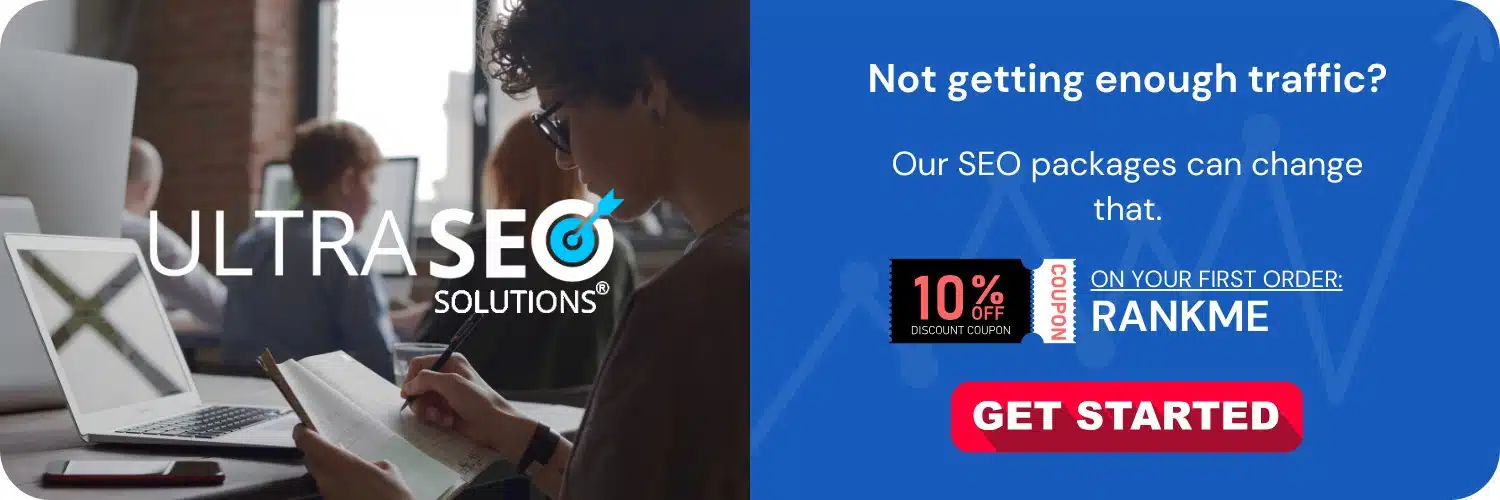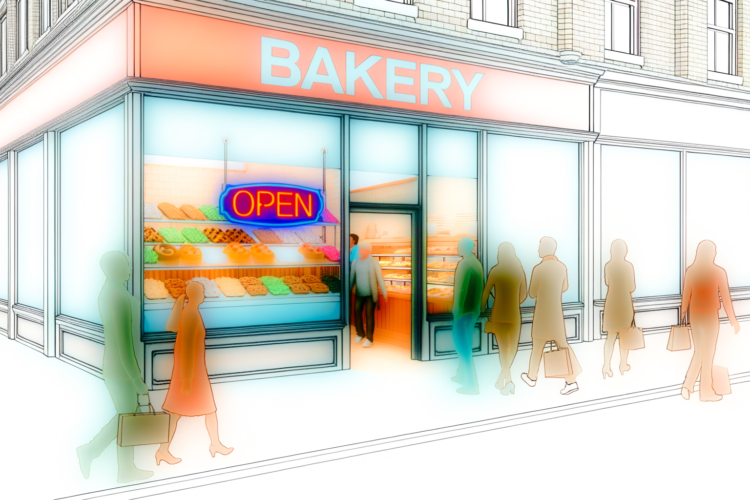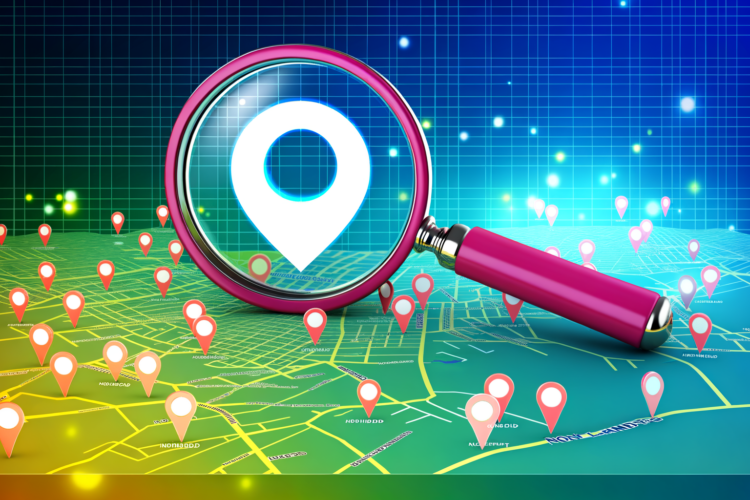
Leveraging local events for SEO can be an incredibly effective way to improve your local search visibility, attract targeted traffic, and enhance your brand’s reputation within the community. The precise way to do this is to create, sponsor, or participate in local events and then promote these events through your website and various online platforms. By doing so, you not only create more local relevance for your website but also opportunities to acquire backlinks, generate social media buzz, and get mentions in local online publications, all of which are beneficial for SEO.
Understanding Local SEO and Its Importance
Before diving into the specifics, it’s important to understand what Local SEO is and why it’s so crucial for businesses with a physical presence or a localized service area. Local SEO involves optimizing your online presence to attract more business from relevant local searches. These searches take place on Google and other search engines that people use to find local information, making it vital for businesses to show up in these results.
Local SEO has grown in significance as more people use mobile devices to search for nearby solutions. This focus on local intent has prompted search engines to prioritize local search results, meaning a strong Local SEO strategy can result in increased foot traffic, phone calls, and conversions for local businesses.
Strategy 1: Creating Local Events for SEO Leverage
Event Creation and Planning
Creating your event requires careful planning. Begin by brainstorming event ideas that align with your business’s values and appeal to your target audience. Whether it’s a free workshop, a charity fundraiser, or a local meet-and-greet, your event should aim to add real value to the community.
Promoting Events on Your Website
Once you’ve planned your event, make sure to create an event page on your website. This page should contain all the necessary details such as the event description, date, time, location, and how to register or purchase tickets if applicable. Optimize your event page with relevant local keywords, structured data markup for events, and engaging multimedia content like videos or photos from past events.
Strategy 2: Gaining Backlinks Through Local Events
Collaborating with Local Businesses and Influencers
Collaboration can be a powerful tool for gaining backlinks. Reach out to local businesses and influencers to co-sponsor or promote your event. In exchange, they might feature your event on their own websites, creating valuable backlinks. The key is to offer value to your collaborators, ensuring that the partnership is beneficial for both parties.
Press Releases and Local News Outlets
Sending out press releases about your event can catch the attention of local news outlets, including newspapers, radio stations, and TV stations. If they decide to cover your event, you’ll likely gain backlinks from their online platforms. Remember to create a compelling narrative around your event to increase your chances of being featured.
Strategy 3: Using Social Media to Enhance Local SEO
Creating Event Pages and Hashtags
Social media platforms like Facebook allow you to create event pages, enhancing visibility and making it easy for users to RSVP and invite others. Utilize unique hashtags related to your event to track conversations and increase reach on platforms like Twitter and Instagram.
Engaging with the Community
Engage with attendees before, during, and after the event through your social media channels. Encourage them to share their experiences and use the event hashtag. This not only creates buzz but also signals to search engines that your event—and by extension, your business—is relevant in the local context.
Strategy 4: Receiving Mentions in Local Guides and Listings
Reaching Out to Local Bloggers and Event Calendars
Local bloggers and event calendars are always looking for content. Reach out and ask them to feature your event. This will often result in a mention or a backlink on their platforms, further increasing your local search presence. Make sure your event stands out as something truly beneficial for the community to improve your chances of being picked up.
Utilizing Local Directories
Don’t forget about local directories and listings. Sites like Yelp, Google My Business, and local Chamber of Commerce websites often have sections for upcoming events. Listing your event on these platforms can improve visibility and provide additional authoritative backlinks to your website.
Strategy 5: Post-Event Activities for Ongoing SEO Benefits
Content Creation: Blogs and Multimedia
After the event, create blog posts and multimedia content such as videos, podcasts, or photo galleries to capture the highlights and successes of the event. This content is engaging and shareable, offering more opportunities for backlinks and social shares while keeping the event’s momentum going.
Gathering Reviews and Testimonials
Encourage attendees to leave reviews or testimonials about their experience. This user-generated content can be showcased on your website or social media profiles and can help with the local search algorithm, particularly if it includes mentions of your location or specific local services.
Finishing Thoughts
Leveraging local events for SEO is about more than just hosting or participating in community activities. It’s a comprehensive strategy that touches upon content creation, relationship building, local engagement, post-event marketing, and consistent, accurate online information about your events. Careful planning, execution, and follow-up can lead to significant SEO benefits, including higher local search rankings, improved domain authority, and a stronger connection with your local customer base.
By applying these strategies effectively, businesses can create holistic local events that not only add value to the community but also enhance their online presence and SEO outcomes, leading to tangible benefits like increased brand recognition and customer loyalty. With a strong focus on relevance, engagement, and quality, local event marketing can be a powerful component in your overall SEO toolbox.
Frequently Asked Questions
What are Local Events in terms of SEO?
Local events in terms of SEO refer to community events, activities, or gatherings that take place within a specific geographical area. By tying these events into your SEO strategy, you can improve local search visibility, boost your domain authority through local links, and generate relevant content that resonates with a local audience.
How can hosting an event improve my local SEO?
Hosting a local event improves local SEO by generating buzz within the community, attracting local media attention, and providing opportunities for local link building. This can be enhanced by creating an event page on your website, optimizing it for local search keywords, and promoting it through social media and local listings.
What are the best practices for optimizing an event page for SEO?
To optimize an event page for SEO, include clear and detailed information about the event location, date, and time. Use targeted keywords, relevant to both the event and your local area, in the title tag, meta description, and content body. Provide quality imagery and consider a registration form or RSVP feature to engage users. Also, ensure that the page is mobile-friendly and loads quickly.
How can I leverage local partnerships for event-based link building?
Develop partnerships with local organizations, sponsors, or affiliates related to your event. Encourage these partners to link to your event page from their websites. You can also offer to write guest posts for their blogs or collaborate on promotional content that includes backlinks to your website.
How do I promote my event to improve local SEO?
Promote your event by submitting it to local event calendars, engaging with local audiences on social media, and reaching out to local influencers or media outlets. Utilize email marketing targeting the local community and consider paid advertising options such as local Facebook ads or Google Ads with geographic targeting.
Can virtual events impact local SEO?
Yes, virtual events can impact local SEO if they target a local audience. Optimize the event page with local search terms, and promote it via local channels. Virtual events can still garner interest from local media and influencers, leading to valuable mentions and backlinks.
What role does social media play in leveraging events for SEO?
Social media helps to amplify the reach of your event through shares, likes, and hashtag usage which can boost local engagement and awareness. By utilizing the local tagging features on platforms like Facebook and Instagram, you can increase visibility among local social media users. Social signals are also thought to indirectly influence search engine rankings.
Can local event engagement lead to improved local customer reviews?
Engaging with the community through local events can lead to improved customer reviews, as attendees may leave positive feedback on various platforms such as Google My Business, Yelp, and Facebook. Encourage satisfied event-goers to share their experiences online, which can boost your reputation and local SEO metrics.
Should I create a press release for my local event, and how does it help SEO?
Creating a press release for a local event can be beneficial for SEO. It can help you gain coverage from local news outlets, which may link back to your site. This not only drives direct traffic but also contributes to local link diversity and can improve domain authority. Make sure to optimize your press release with relevant local keywords and distribute it through local media channels.
What metrics should I track to measure the success of my event’s impact on SEO?
Track metrics such as increased local keyword rankings, spikes in website traffic around the event dates, growth in the number of backlinks from local sources, and any improvement in local citation authority. You should also monitor the growth in social media engagement and local online reviews that are a direct result of your event.






